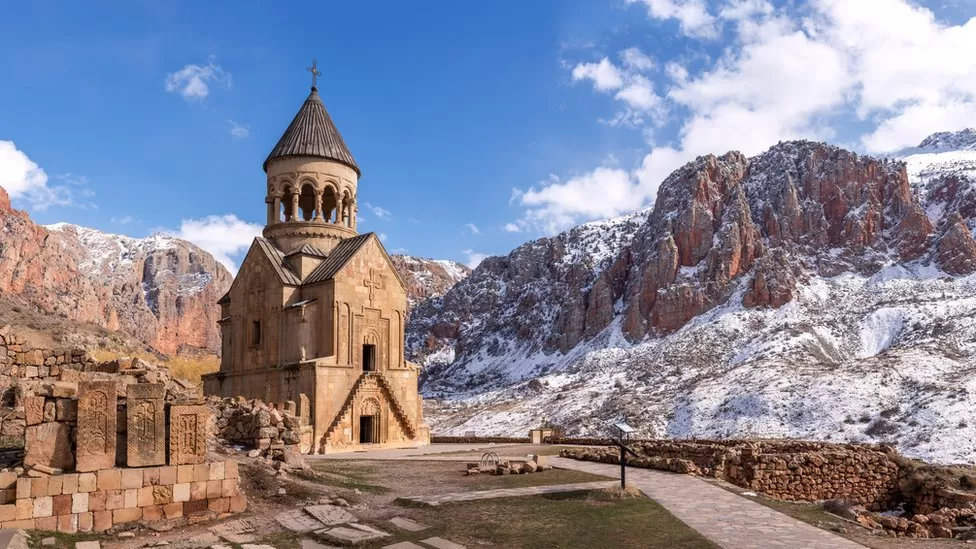15 Oldest Countries in the World-13 Will Amaze You
6. Armenia (2492 BCE)
Armenia is a country located in the South Caucasus region of Eurasia. It is one of the oldest countries in the world with a rich history and cultural heritage that dates back thousands of years. Armenia is known for its ancient civilization and the kingdom of Urartu, which existed in the region around the 9th century BC. The Kingdom of Urartu was a powerful state that left behind impressive fortresses, temples, and inscriptions, showcasing advanced engineering and architectural skills. One of the most significant events in Armenian history is the conversion to Christianity in the early 4th century AD. Armenia became the first nation to adopt Christianity as its state religion, a decision attributed to Saint Gregory the Illuminator. This early adoption of Christianity has had a profound impact on Armenian culture, art, and identity.

The Armenian Genocide, which took place during World War I under the Ottoman Empire, marked a tragic chapter in Armenian history. It resulted in the deaths of an estimated 1.5 million Armenians and led to the dispersion of Armenian communities around the world. The Armenian Genocide is a significant part of Armenian identity and is commemorated annually on April 24th. In the modern era, Armenia gained independence from the Soviet Union in 1991 and established itself as a sovereign republic. The country has faced challenges in its transition to a democratic society and a market economy but has made significant strides in areas such as education, technology, and culture. Today, Armenia continues to preserve its cultural heritage while embracing modernity and innovation. The capital city, Yerevan, is a vibrant hub of arts, culture, and technology. Armenia’s natural beauty, including the stunning landscapes of Lake Sevan and the mountains of the Caucasus, attracts visitors from around the world.